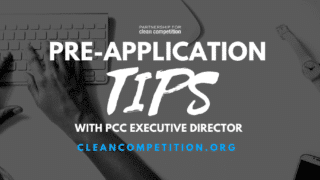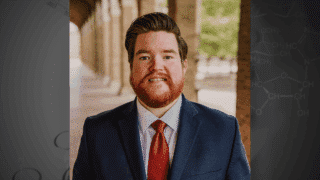The Partnership for Clean Competition (PCC) will turn eight years old on May 9th, 2016. This marks eight years of funding pre-eminent research related to enhancing anti-doping testing methodologies and demonstrating (or debunking) performance enhancing properties of a myriad of substances. The PCC’s pride in our work stems from the real-world impact we’ve catalyzed: the ability to take our research outside of the lab and truly protect clean athletes, worldwide.
Two unique advantages make our organization the world leader in anti-doping research:
1. Access to the world’s utmost anti-doping expertise on our Scientific Advisory Board (SAB).
2. The opportunity to fund researchers who combine first-class scientific knowledge with a passion for protecting the integrity of sport.
These stakeholders are the pillars of our impact and the driving force behind the PCC’s ability to efficiently and effectively provide quality scientific research on a range of subjects and substances. Our SAB is able to identify substances of urgency and connect crucial research needs with the scientific talent to pursue such projects. The board is also adept at funding projects with potential real-world application, such as policy change or less invasive testing methods, coinciding with the PCC’s mission to truly provide an objective voice for clean sport worldwide.
We at the PCC are incredibly proud of our researchers and the work they have done to preserve athlete health, welfare and honor through their work. It is not the published work that motivates these scientists – though a large majority of PCC research does result in publication and presentation opportunities – but rather the knowledge they are protecting the very integrity of athletics.
If you’d like to join our research team or learn more about our fellowships and working groups, please email jcelmer@cleancompetition.org.
To see our current team of Scientific leaders, visit our leadership page. Visit our site regularly for features on individual researchers, SAB members and exciting research projects.




